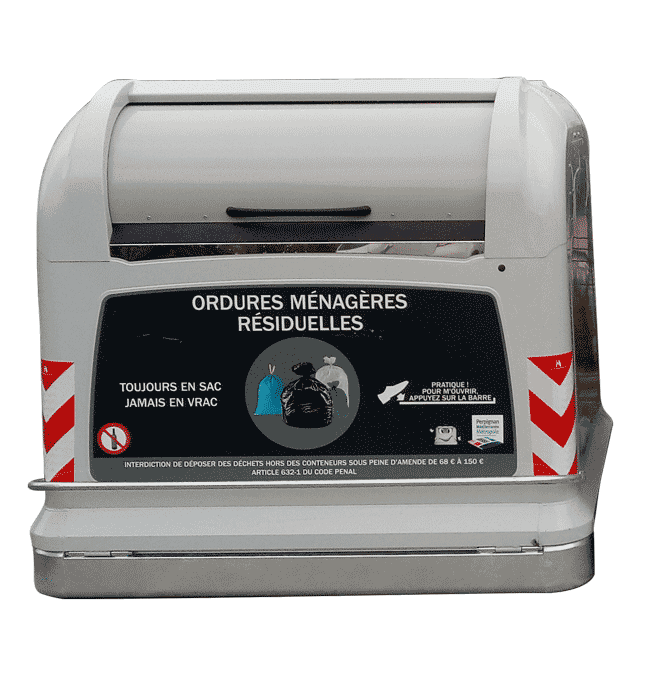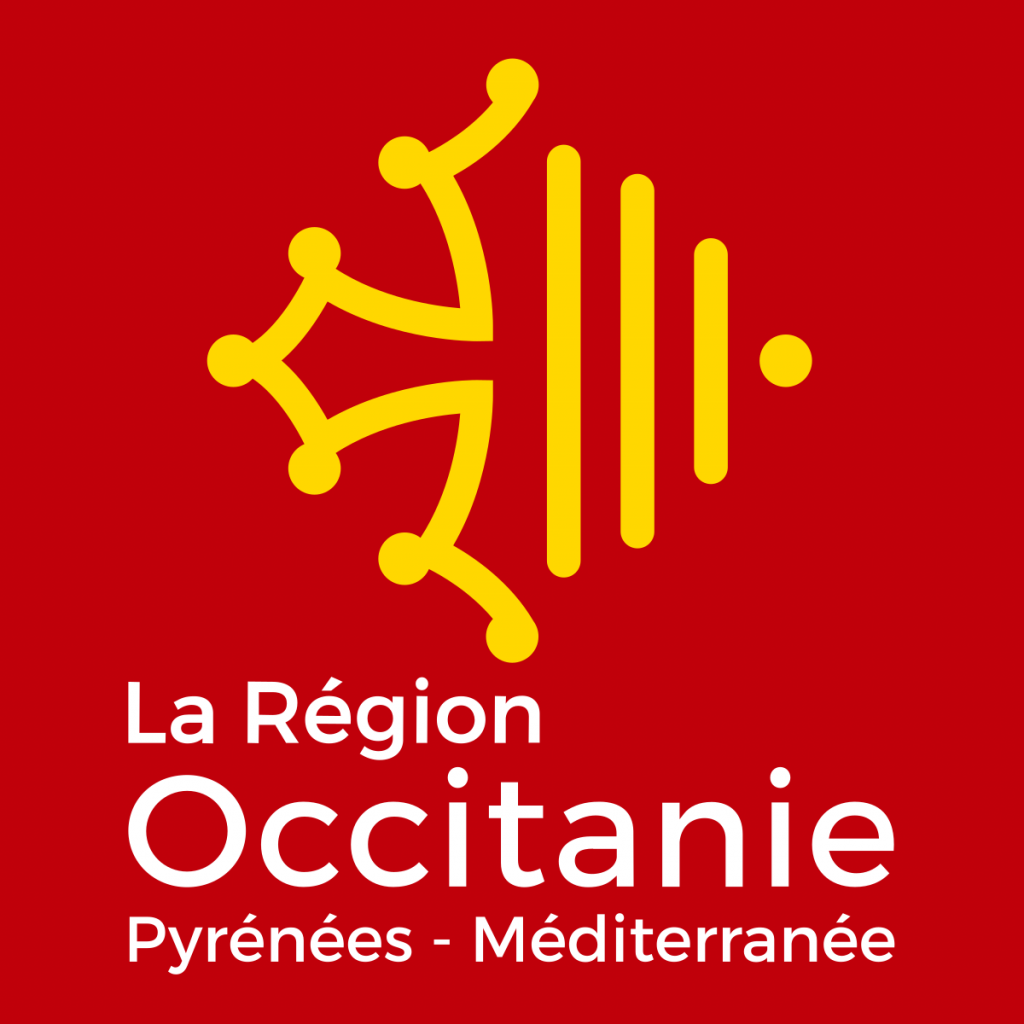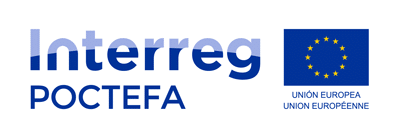The guide to selective sorting
The best waste is the one we do not produce.
Packaging
All the packaging below must be disposed of in the yellow bins. They must be in bulk, emptied, crushed and not nested.
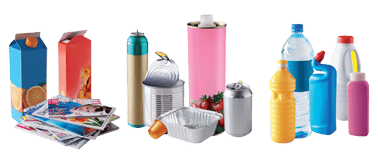
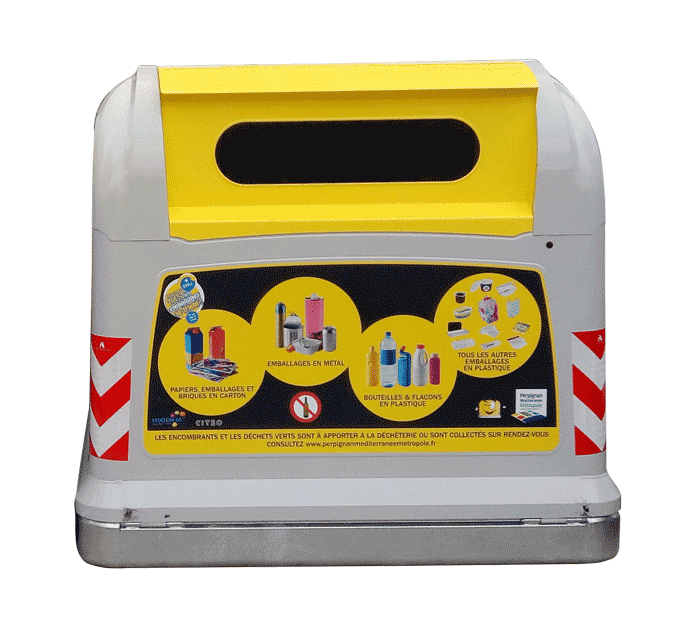
Did you know
It takes about 15 plastic bottles to make a polar sweater (source CITEO)

1 million tons of recycled paper save 19 billion liters of water
1 ton of recycled plastic reduces CO2 emissions by 2 tons and 8,500 kWh.
Paper can be recycled up to 5 times.
It takes 1 ton of recycled aluminum to make 300 bicycle frames.

1 ton of recycled aluminum saves 4 tons of bauxite, reduces 7.7 tons of CO2 and 36,600 kWh.
1 ton of recycled steel saves 1.5 tons of iron ore, 650 kg of coal, 300 kg of lime, 1.4 tons of CO2 emissions and 4550 kWh per year. We build 13 dishwashers or 12 000 cans of 850 ml.
In 2022, 17,399 tons of household packaging were collected in the PMM territory, i.e. 57 kg/capita
The glass
100% recyclable and infinite
Only glass packaging: Bottles, jars, jars and bottles without caps, well emptied and in bulk

FORBIDDEN: Light bulbs, mirrors, glass, broken dishes such as Pyrex, perfume bottles, vases, special glasses, ... .
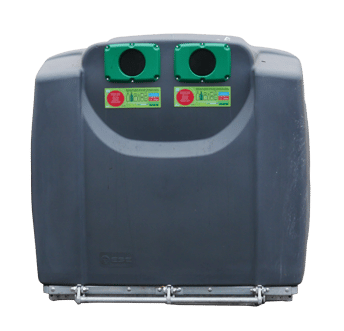
Did you know
With 1 ton of recycled glass, also called cullet, 1.2 tons of raw materials (sand, limestone, etc.) are saved, CO2 emissions are reduced by 623 kg, 1,550 kWh are saved and an average of 2,200 75 cl bottles are produced (source CITEO). It is a pioneer in recycling in France, and has been since 1974.
It represents nearly 50% of the weight of household packaging in France, i.e. 2.6 million tons.
98% of glass packaging is recycled in France and 2% in other European countries.

1974
It has been a pioneer in recycling in France since 1974.
There are 14 processing centers and 17 glass factories in France, forming a local recycling network.
Recycled glass, called cullet, has become the main raw material for the glass industry. Some glass furnaces operate with over 90% cullet.
There are 1,347 glass containers in the PMM area.
In 2022, 8,117 tons of glass were collected in the PMM territory, i.e. 27 kg/capita
Textile
Linen, shoes, bags, handbags, comforters, stuffed animals, clothes, down jackets, gloves, socks, dish towels, towels, are to be deposited in the ecotextile bins present on the territory.
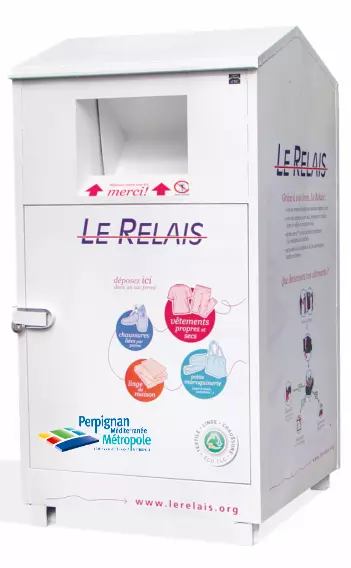

Did you know
Once collected and sorted, your textiles are either reused as is at 57%, recycled at 33% (rags, insulation, etc.), crushed and granulated 9%, energy recovery 0.7% (incineration), or disposal 0.3% (landfill and incineration) (source Refashion).
In 2021, 2.8 billion items of clothing, household linen and footwear (TLC) were placed on the French market, representing a volume of 715,290 tons, i.e. approximately 10.5 kg per year and per inhabitant. 244,448 tons of TLC were connected, i.e. 3.6 kg of textiles per inhabitant (source Refashion).
In 2022, 557 tons of textiles were collected in the PMM territory, i.e. 1.8 kg/inhabitant.
Tip: Tie shoes in pairs to prevent them from separating when sorting
The compost
Reduce your household waste by 30% and produce your own 100% natural fertilizer.
Get your free composter and composting guide by contacting your town hall!
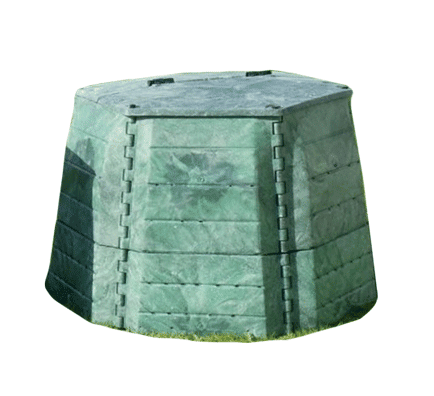
50%
Wet kitchen and garden waste, peelings, cooked, raw or spoiled fruits and vegetables, coffee grounds, coffee filters, tea bags and leaves, infusions.
50%
Dry kitchen and garden waste, paper and cardboard cuttings, dry grass, sawdust, branches, egg shells, paper towels, newspapers, cold ashes.
FORBIDDEN: Dairy products, leftovers from cooked meals, meat, fish, toxic products, vacuum cleaner dust, cigarette butts, pet waste, non-biodegradable packaging, etc.
Did you know
To obtain an individual composter free of charge: make a request to your local town hall or annex.
To set up a collective composter near your home: contact Perpignan Méditerranée Métropole at 04 68 08 63 40.
Composting is a natural process that transforms fermentable organic matter from garden or kitchen waste into a 100% natural fertilizer: compost.
By doing this you can reduce the volume of your household waste (green lid bin) by 30%, thus avoiding the incineration of materials that can still be recycled.
This conversion involves oxygen from the air, billions of micro-organisms such as fungi and "garden helpers" such as earthworms.
This process modifies the matter in simple elements giving an excellent amendment. It improves the quality, fertility and life of the soil by providing macro-elements such as nitrogen, magnesium and micro-elements such as iron, zinc with which the plants feed.
Composting is a recycling method that can be done individually or collectively
Biowaste
What to put in my bioswimmer?
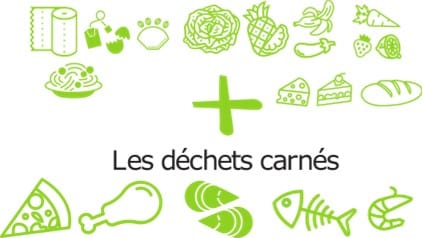
Kitchen waste: fruit and vegetable peelings, organic leftovers, coffee grounds and filters, tea bags, etc.
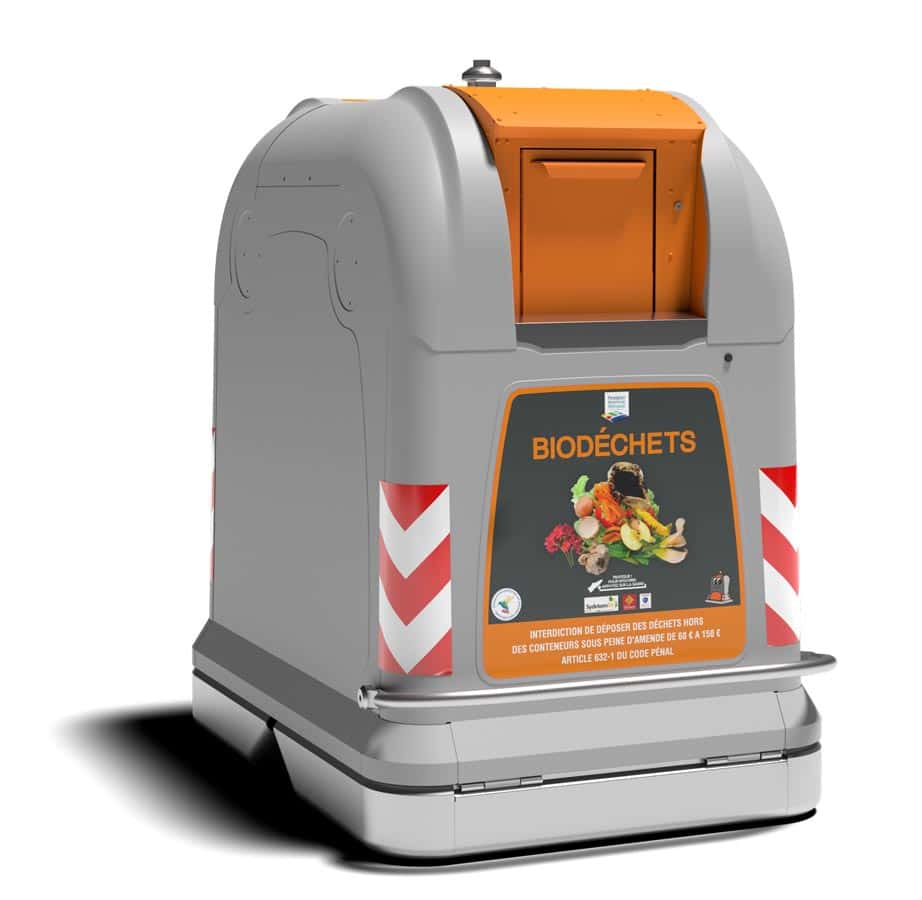
Refusals, waste not to be deposited :
Vegetable waste (leaves, branches, grass clippings), industrial wipes, diapers..., plastic or glass bags and packaging, large cardboard boxes, coffee capsules, food oils.
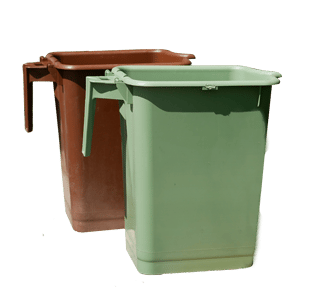
Bio Waste Kits are still available and can be picked up:
- in the Annex of the District Hall for Perpignan
- in town hall for Cabestany and Villeneuve de la Raho).
Did you know
From January1, 2024, local authorities must be able to offer all users one or more practical solutions for sorting bio-waste at source.
With the valorization of biowaste we obtain methane and organic amendment which will be used for agriculture.
Household waste
Household waste includes all the products / foodstuffs that cannot be recycled or that do not go into compost or that are not accepted at the waste collection centres or are subject to treatment in a specialized sector.
